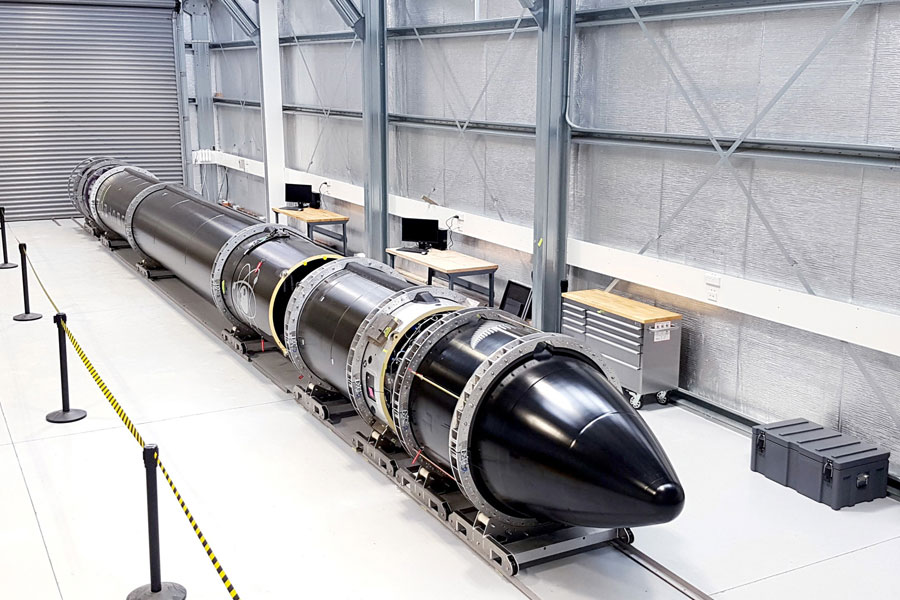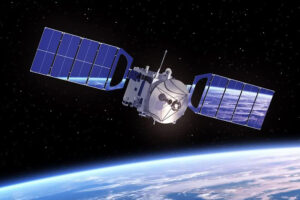ICYMI: Why did Rocket Lab Lose Seven Small Satellites?
13th Jul 2020
Rocket Lab launched its 13th mission comprising seven satellites on Sunday, July 5, 2020, in the morning, local time in New Zealand. The first stage of the booster performed as was expected, but as the second stage approached a 200-km altitude, the vehicle was lost as something had gone wrong. The company did not immediately provide additional information on what had happened to the second stage.
No Pics Because Small Satellite Launch Wasn’t Successful
The mission named “Pics Or It Didn’t Happen” comprised five SuperDove satellites for the company’s planet imaging and a commercial payload for In-Space Missions and Canon Electronics. The company said that the In-Space team was disappointed by the news of the loss. The Faraday-1 spacecraft had hosted several trials within 6U CubeSat. The company further regretted, “Two years of hard work from a committed group of brilliant engineers up in smoke. It was a cool little spacecraft.”
Rocket Lab will Use its Success in Small Satellite Launch to Fix the Problem
Rocket Lab enjoyed a period of success before this recent failure. The company lost its first test flight in May 2017 at a 224-km altitude because of ground software issues. It successfully launched the next 11 satellites between January 2018 and June 2020, as one of the major players in the small satellite launch industry. It has two more launch pads, one in Virginia, the US, and the other in New Zealand.
Rocket Lab hopes to address the failure and return to flight soon. It was the first small satellite rocket developer among the new generation of companies, to reach Orbit; and remains the only one to achieve that. Other competitors like Firefly and Virgin Orbit may do the same this year. Rocket Lab hopes to use its experience with small satellite launch to identify the possible problem with the second-stage and fix it.





Thank you for your comment! It will be visible on the site after moderation.